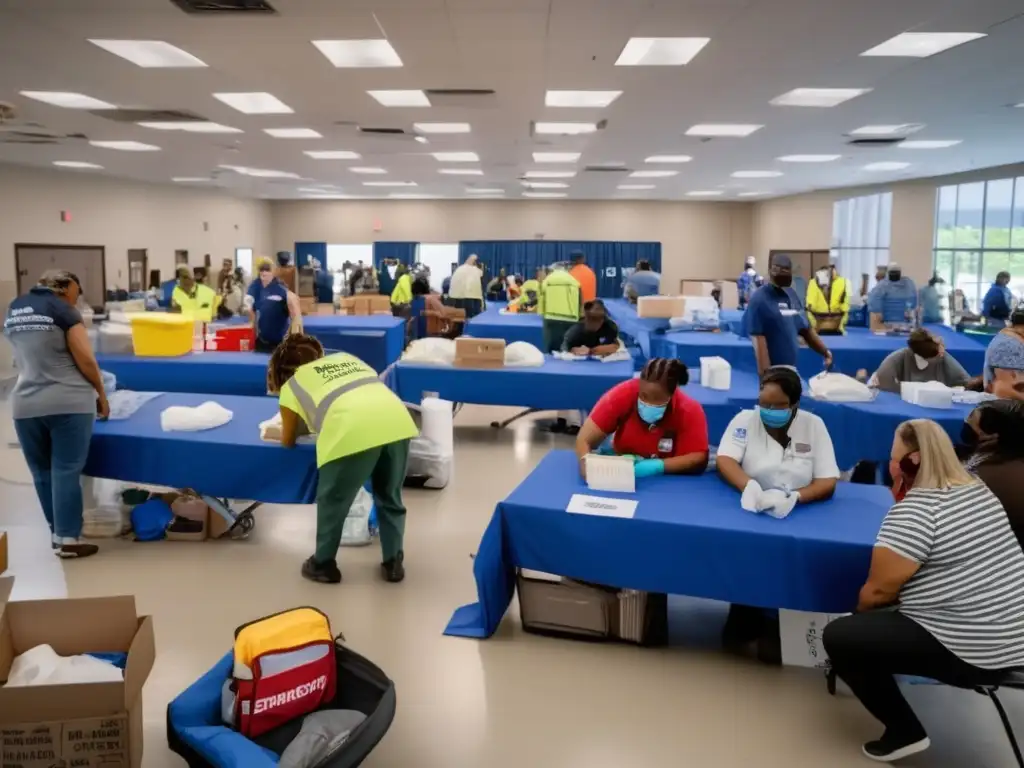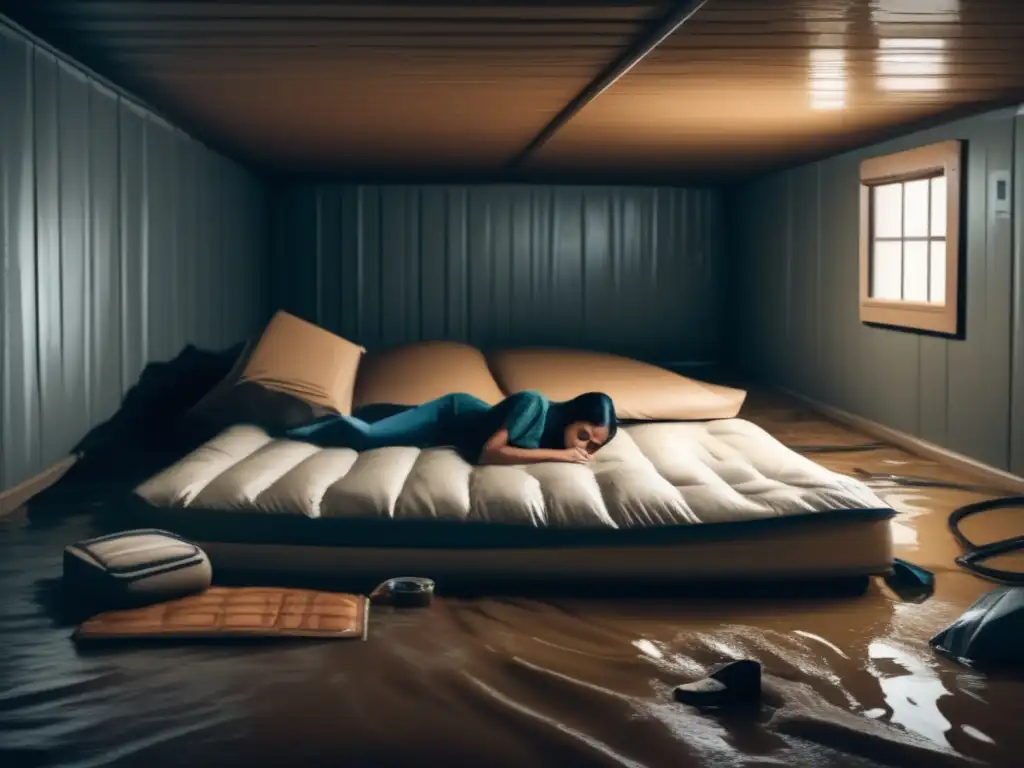Riding The Storm: Key Actions During A Hurricane

Riding the Storm: Key Actions During a Hurricane
Introduction
Living in a hurricane-prone area can be both exhilarating and terrifying. To fully enjoy the beauty of nature's show, it is important to be prepared and knowledgeable about what to do before, during, and after a hurricane. In this article, we will explore key actions that individuals and families should take when faced with a hurricane.
The Basics

Stay Informed
The first step in preparing for a hurricane is to stay informed. Keep an eye on weather reports and prepare accordingly. Sign up for emergency alerts from local authorities and have a reliable source of information such as a battery-powered radio or a smartphone with a backup battery.
Have a Plan
Create a plan that includes evacuation routes, shelter locations, and communication methods. Discuss the plan with family members and make sure that everyone knows their role during a hurricane. Practice the plan at least once a year to ensure that everyone knows what to do in case of an emergency.
Prepare Your Home
Prepare your home by securing windows, doors, and outdoor objects that might become projectiles during strong winds. Trim trees and remove any dead branches that might fall and cause damage. Have enough supplies, including food, water, and medications, to last for at least three days.
During the Hurricane

Stay Inside
Once the hurricane hits, stay inside and away from windows. If possible, choose a room without windows or a basement to seek shelter. Stay away from electrical equipment and appliances that might cause electric shocks.
Monitor the Weather
Listen to weather reports for updates on the hurricane's progress and be prepared to move to a safer location if necessary. Don't be fooled by the eye of the hurricane, as the calm might last only a few minutes before the storm resumes.
Stay Calm
Remain calm and keep you and your family members occupied with games or other activities to reduce stress. Take breaks to rest and hydrate, but don't venture outside until the authorities declare it safe.
After the Hurricane

Check for Injuries
Once the hurricane has passed, check for injuries and seek medical attention if necessary. Be aware of potential hazards such as downed power lines, flooded areas, and broken glass. Avoid using candles as they might cause fires.
Assess the Damage
Assess the damage to your home and property and document it with photographs or videos. Contact insurance companies and government agencies to report any damages and to seek assistance if necessary. Be patient, as there might be a high volume of claims and requests for aid.
Help Your Community
If possible, help your community by volunteering at shelters, distributing supplies, or helping with cleanup efforts. Stay informed about updates and recovery efforts and be prepared to adapt to changes in the situation.
Frequently Asked Questions

-
What should I do if I am unable to evacuate before a hurricane?
If you are unable to evacuate, seek shelter in a sturdy structure such as a concrete building or a basement. Find an interior room away from windows and close all doors to prevent wind and debris from entering.
-
Is it safe to use a generator during a hurricane?
Generators should be used with caution during hurricanes. They should be placed outside and away from windows and vents to prevent carbon monoxide poisoning. Follow the manufacturer's instructions and avoid using extension cords or plugging in too many appliances at once.
-
How can I prepare my pets for a hurricane?
Prepare a pet kit with enough food, water, medication, and supplies to last for at least three days. Make sure that your pets wear identification tags and have a leash or carrier ready. Have a plan for where to take your pets in case of evacuation.
-
What should I do if my home is flooded during a hurricane?
Avoid entering flooded areas and wait for the floodwater to recede before cleaning up. Be aware of potential hazards such as electrocution, contaminated water, and gas leaks. Document the damages and contact insurance companies and government agencies for assistance.
-
How can I stay informed about recovery efforts after a hurricane?
Stay informed about recovery efforts by monitoring local news outlets, social media updates from authorities, and government websites. Volunteer at shelters and community centers to help with recovery efforts.
Conclusion
In summary, riding out a hurricane requires careful planning, preparation, and action. Stay informed, have a plan, and prepare your home and family members for the worst-case scenario. During the hurricane, stay indoors, monitor the weather, and remain calm. After the hurricane, check for injuries, assess the damage, and help your community. By following these key actions, you can increase your chances of survival and reduce the impact of the hurricane on your life.
Additional Resources

 First Aid 101: Basic Medical Assistance During A Hurricane
First Aid 101: Basic Medical Assistance During A Hurricane The Safe Haven: Choosing The Best Room In Your Home During A Hurricane
The Safe Haven: Choosing The Best Room In Your Home During A Hurricane Weathering The Storm: What To Expect During A Hurricane
Weathering The Storm: What To Expect During A HurricaneIf you want to discover more articles similar to Riding The Storm: Key Actions During A Hurricane, you can visit the During the hurricane: category.
Leave a Reply

Articulos relacionados: